HPE launches key framework for EU's Gaia-X project
Businesses won't be able to join up to Gaia-X unless they gear up their operations to be compatible, the firm argues


HPE has announced a set of capabilities to equip organisations with the tools required to monetise data by tapping into the EU’s in-development Gaia-X federated data infrastructure.
Companies, service providers and public organisations can use HPE's Solution Framework for Gaia-X to gear up to be compatible with the data platform when it launches in the near future. The system supports all functionality required to provide and consume data and services in a decentralised, federated environment.
By buying into HPE’s framework, organisations can tap into huge distributed data pools, strengthen data sovereignty and create value from data in ways they could never have prior to involvement in Gaia-X.
This framework is based on a reference architecture comprising key components of HPE’s software portfolio, third-party software, and the Cloud28+ network, a marketplace for monetising data and services. Everything will also be bundled in an ‘as a service’ HPE Greenlake model, meaning it’s more accessible to customers and partners.
“Gaia-X is not about US versus Europe, but about the key question of the next wave of digital transformation and how to create network effects without centralisation in order to unlock the value of distributed data, while at the same time reserving sovereignty of every participant,” said Johannes Koch, HPE’s senior vice president for Germany, Austria and Switzerland, and MD for Germany.
“Gaia-X is the focal point of this endeavour, and as such is also a catalyst to create the future architecture of the digital world. In essence, it’s about restoring the original freedom of the internet and about creating an open, decentralised cloud.”
The EU proposed Gaia-X as a next-gen continental-wide system in order to reduce the reliance on, and domination of, large US tech companies with regards to data, the cloud, and digital transformation.
Get the ITPro daily newsletter
Sign up today and you will receive a free copy of our Future Focus 2025 report - the leading guidance on AI, cybersecurity and other IT challenges as per 700+ senior executives
The platform connects a host of cloud service suppliers through an interoperable data exchange platform that serves as a warehouse for several industries and data sources. It also acts as a data repository for businesses to pick specific services, such as IoT, big data and machine learning.
HPE joined the non-profit organisation managing and contributing to Gaia-X on day one, and has contributed to its architecture, standards and certification since.
RELATED RESOURCE
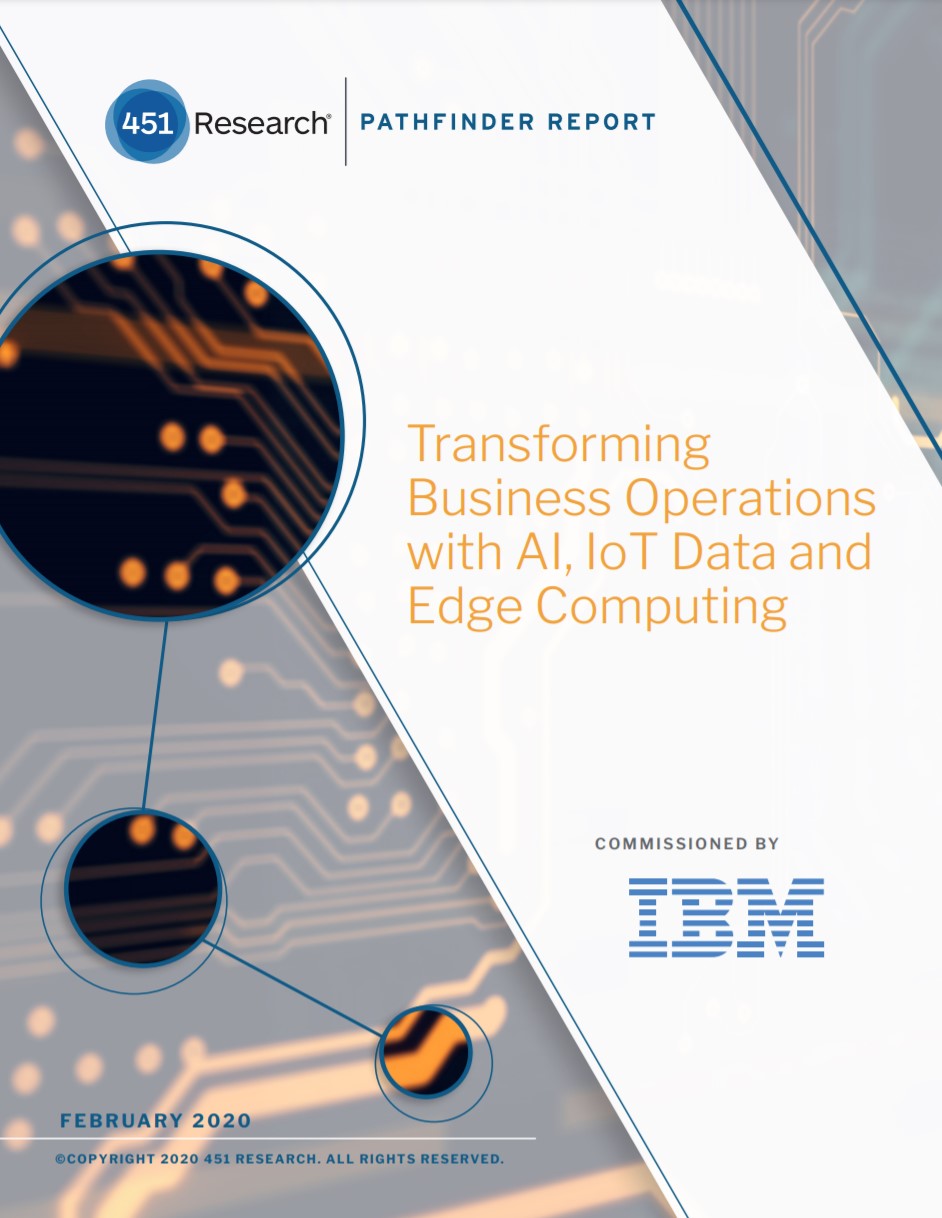
Transforming business operations with AI, IoT data, and edge computing
A Pathfinder report on the ROI of AI, IoT, and edge computing
The message HPE was keen to stress is that businesses cannot reap the benefits of Gaia-X unless their infrastructures and data operations are configured in such a way that they’re compatible with the platform. This is where the firm’s HPE Solution Framework for Gaia-X steps in as a means of getting businesses ready to be a part of the Gaia-X project.
The firm says its own strategy is perfectly aligned with the approach Gaia-X is taking, and the problems that it’s trying to solve, with HPE’s software portfolio and business model pivoted to it.
A key component of the HPE Solution Framework for Gaia-X is a reference architecture that defines the foundation of the components needed to decentralise workloads, and this also includes a central governance structure
The HPE Ezmeral Software Platform, which provides tools such as access to distributed data and unified control of distributed Kubernetes clusters, serves as the technological foundation of its framework.
Its Secure Production Identity Framework for Everyone (SPIFFE) and the SPIFFE Runtime Environment (SPIRE) offer open source standards for securely authenticating software services.
Finally, Cloud28+ allows customers to monetise their data and services through the marketplace that this platform offers, and the partners associated with the community.

Keumars Afifi-Sabet is a writer and editor that specialises in public sector, cyber security, and cloud computing. He first joined ITPro as a staff writer in April 2018 and eventually became its Features Editor. Although a regular contributor to other tech sites in the past, these days you will find Keumars on LiveScience, where he runs its Technology section.
-
 Bigger salaries, more burnout: Is the CISO role in crisis?
Bigger salaries, more burnout: Is the CISO role in crisis?In-depth CISOs are more stressed than ever before – but why is this and what can be done?
By Kate O'Flaherty Published
-
 Cheap cyber crime kits can be bought on the dark web for less than $25
Cheap cyber crime kits can be bought on the dark web for less than $25News Research from NordVPN shows phishing kits are now widely available on the dark web and via messaging apps like Telegram, and are often selling for less than $25.
By Emma Woollacott Published
-
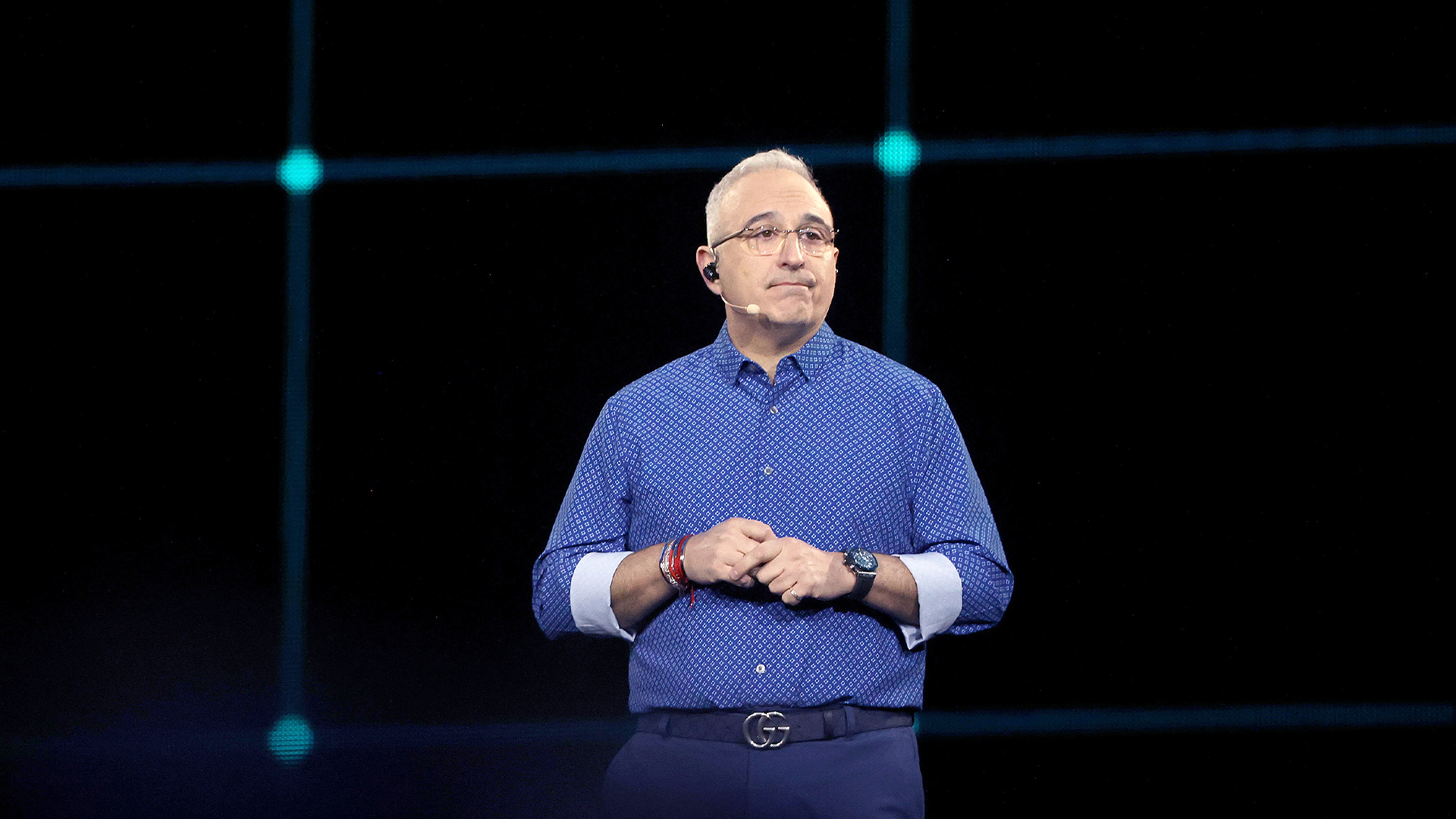 What HPE's results say about the direction of enterprise AI
What HPE's results say about the direction of enterprise AIAnalysis As with cloud computing, some companies value privacy over capacity
By Jane McCallion Published
-
 Gaining timely insights with AI inferencing at the edge
Gaining timely insights with AI inferencing at the edgeWhitepaper Business differentiation in an AI-everywhere era
By ITPro Published
-
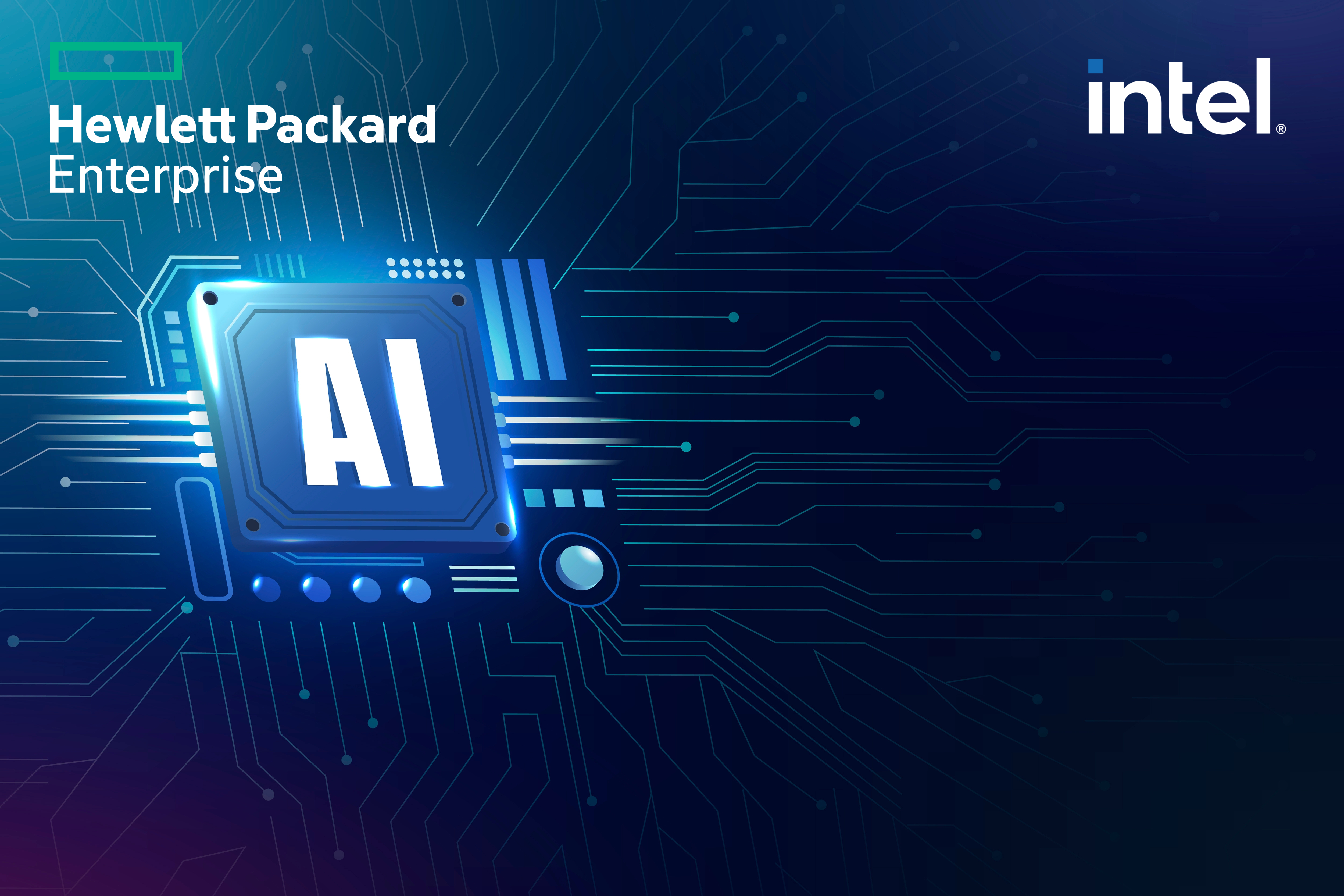 Digital strategies in the era of AI
Digital strategies in the era of AIWhitepaper Businesses are on the cusp of a major paradigm shift
By ITPro Published
-
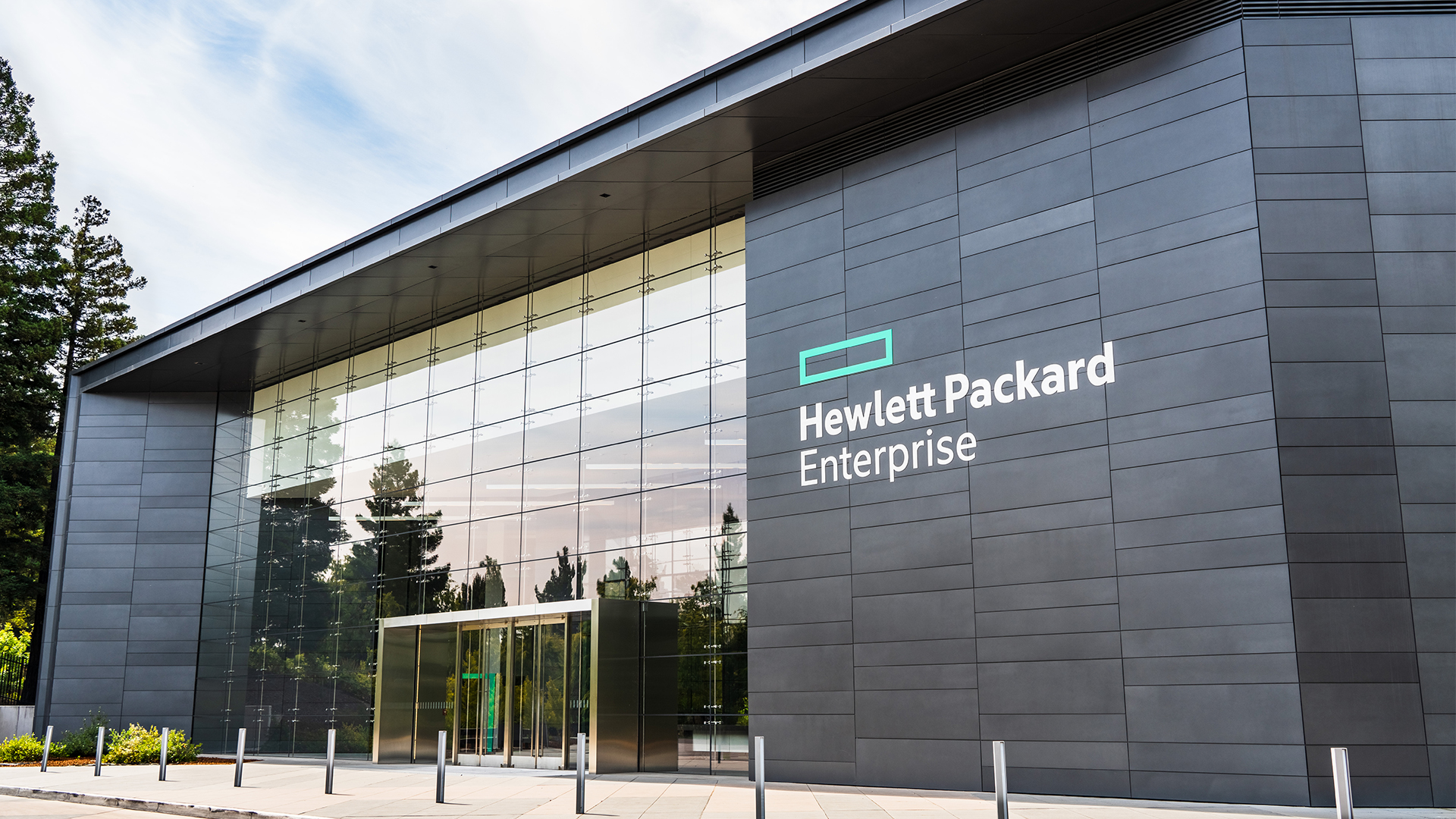 HPE’s AI and supercomputing journey continues with new Cray and Slingshot hardware
HPE’s AI and supercomputing journey continues with new Cray and Slingshot hardwareNews The company is also wooing MSPs and enterprises looking to roll out AI on-premises
By Jane McCallion Published
-
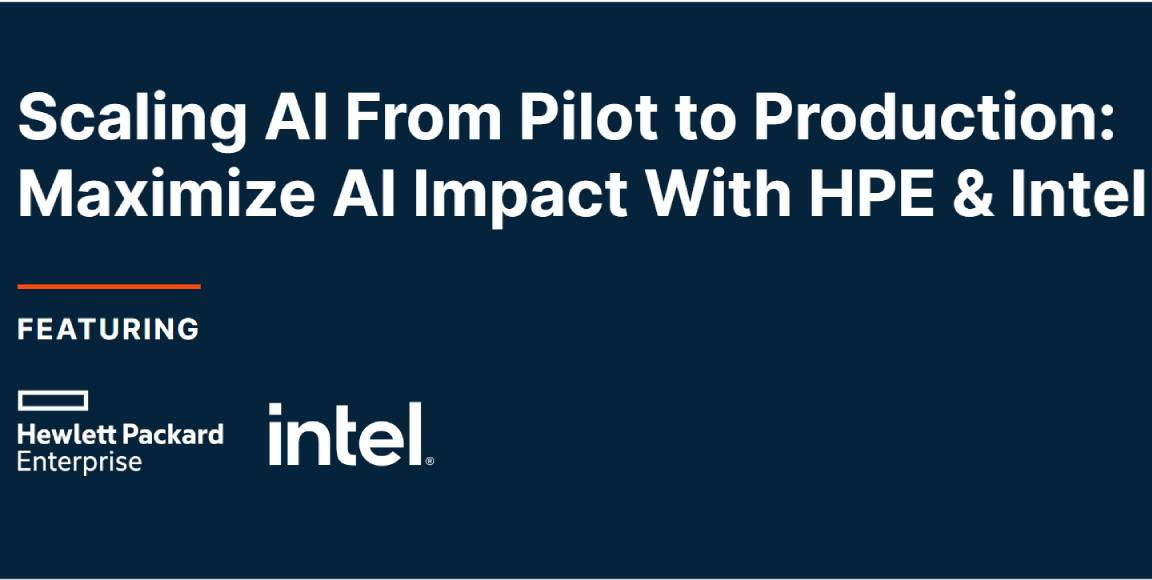 Scaling AI from pilot to production: Maximize AI impact with HPE & Intel
Scaling AI from pilot to production: Maximize AI impact with HPE & IntelWhitepaper Transform AI proof-of-concepts into full-scale implementations
By ITPro Published
-
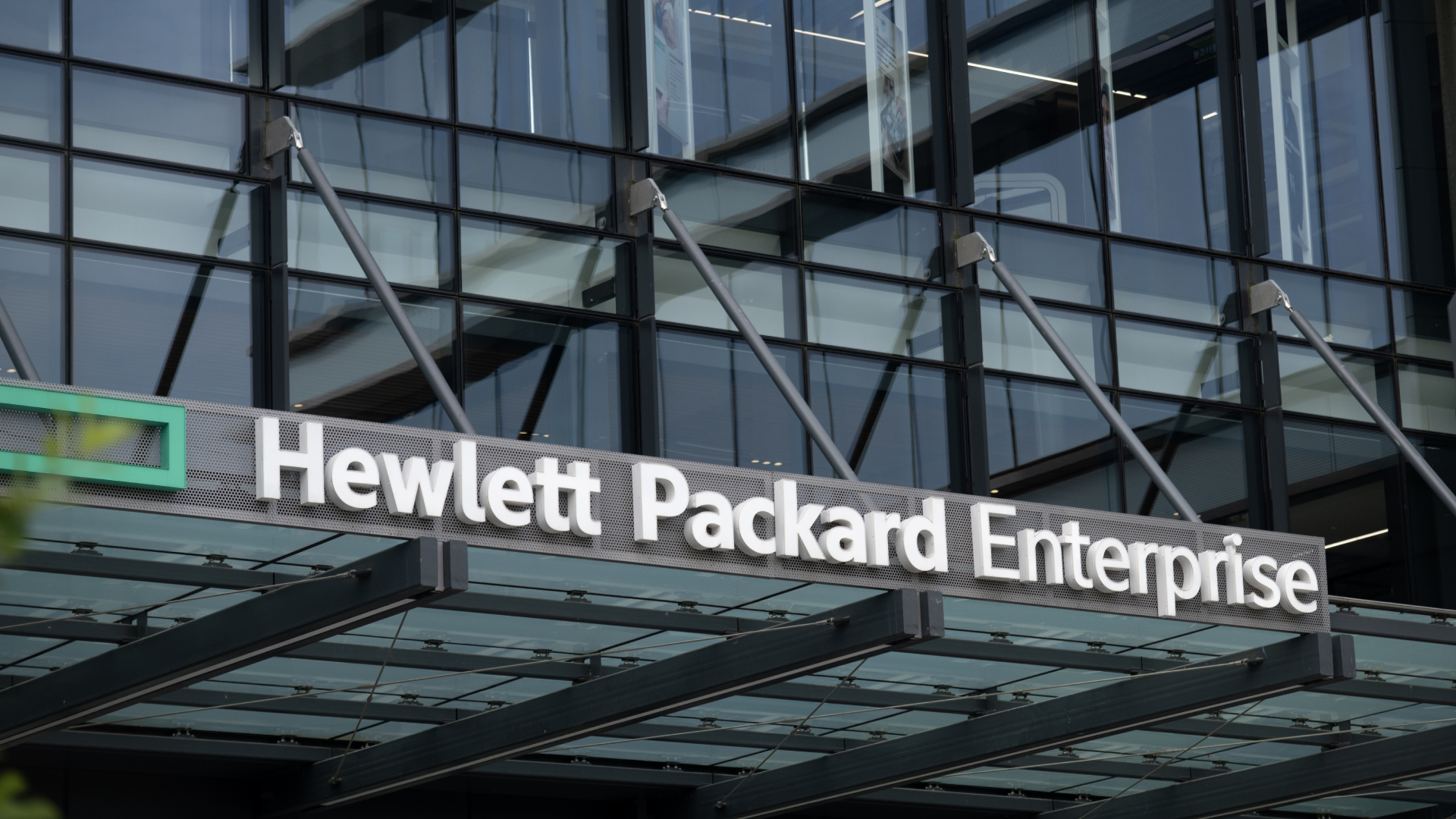 HPE’s ‘one-click AI solution’ for private cloud cuts project times from months to a ‘single moment’
HPE’s ‘one-click AI solution’ for private cloud cuts project times from months to a ‘single moment’News The new tools allow generative AI virtual assistants to be launched in seconds, using private data
By Emma Woollacott Last updated
-
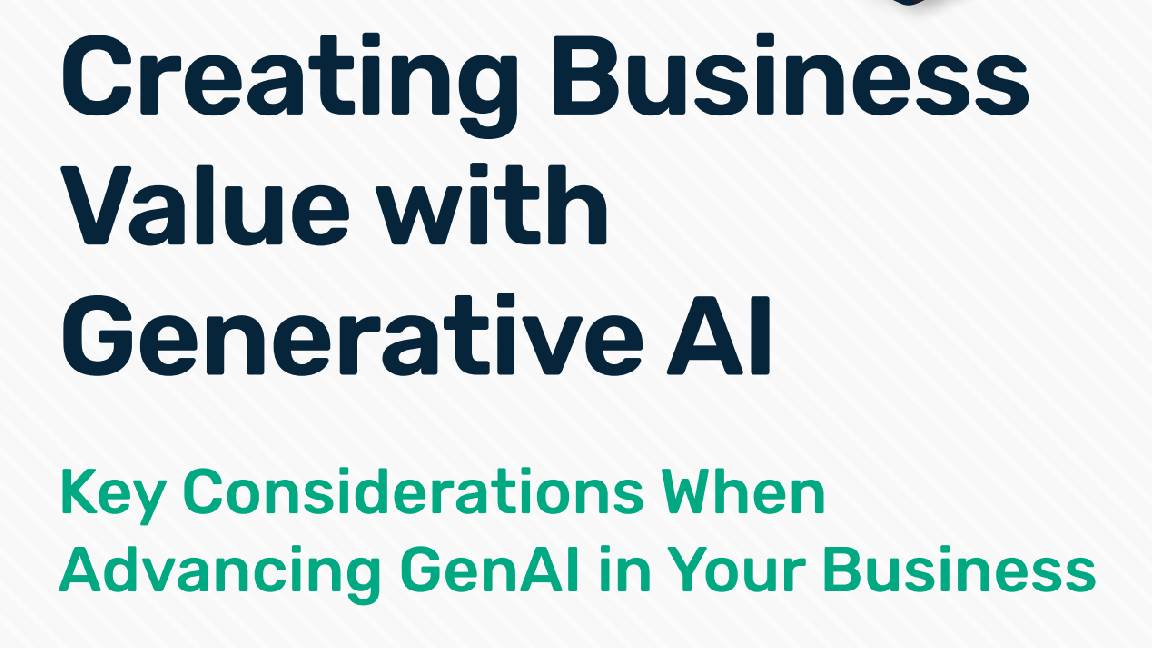 DE: The Gorilla Guide® to... Creating business value with generative AI
DE: The Gorilla Guide® to... Creating business value with generative AIWhitepaper Key considerations when advancing GenAI in your business
By ITPro Published
-
 FR: The Gorilla Guide® to... Creating business value with generative AI
FR: The Gorilla Guide® to... Creating business value with generative AIWhitepaper Key considerations when advancing GenAI in your business
By ITPro Published